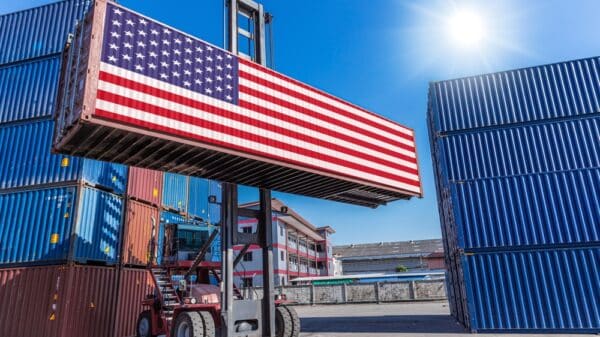Amazon is facing some serious legal challenges, with two mass lawsuits currently underway that could cost the company up to £4 billion (around $5.4 billion). These lawsuits stem from accusations that Amazon has been leveraging its dominant position in the market unfairly. Just recently, a tribunal in London approved these cases to move forward, a significant step indicating that the claims have enough merit to be examined in detail.
One of the lawsuits is spearheaded by Andreas Stephan, a competition law academic representing over 200,000 independent retailers who believe they have been unfairly disadvantaged in the marketplace. This group of retailers is claiming approximately £2.7 billion in damages. Their argument hinges on Amazon’s “Buy Box” feature, which they allege is manipulated in a way that directly benefits Amazon’s own products and services. Specifically, they contend that Amazon favors sellers using its logistics and delivery services, effectively pushing third-party sellers further down the line and inhibiting their ability to compete.
In a separate action, consumer advocate Robert Hammond is also pursuing a lawsuit valued at up to £1.3 billion. He is representing millions of Amazon customers who feel similarly aggrieved. They argue that Amazon’s business practices are limiting competition and inflating prices, undermining the benefits consumers should ideally receive from a competitive marketplace.
Amazon has responded assertively, stating that the tribunal’s decision to let these cases proceed is misguided. The company argues that the methodology used to support the claims makes little economic sense and insists that they are not abusing their position. In their defense, an Amazon spokesperson said, “These claims are without merit, and we’re confident that will become clear through the legal process. Amazon has always focused on supporting the 100,000 businesses that sell their products on our UK store, and more than half of all physical product sales on our UK store are from independent selling partners.”
With the tribunal certifying these lawsuits on an opt-out basis, it means that anyone who falls within the claimant class will be automatically included unless they decide to step back. This aspect may add more weight to the plaintiffs’ claims, as a significant number of retailers and consumers are now collectively banding together to challenge Amazon’s practices.
The outcome of these cases could have lasting implications not just for Amazon, but also for how e-commerce operates in the future. Many smaller retailers are worried that they might not stand a chance against a giant like Amazon, feeling increasingly squeezed out of the online marketplace. If the plaintiffs succeed, it could potentially reshape the fundamental dynamics of online retail, forever changing how companies interact with both consumers and independent sellers.
As these legal battles unfold, it’s crucial for both sides to present clear and compelling arguments. For many retailers and consumers, this isn’t just about numbers; it’s about fairness, competition, and the right to offer products without being overshadowed by more dominant players. The coming months will be pivotal in determining the future of e-commerce and setting precedents that may influence similar cases worldwide.
Image Source: Unsplash























